Home>Garden Essentials>How Long Does It Take A Hardy Hibiscus To Germinate
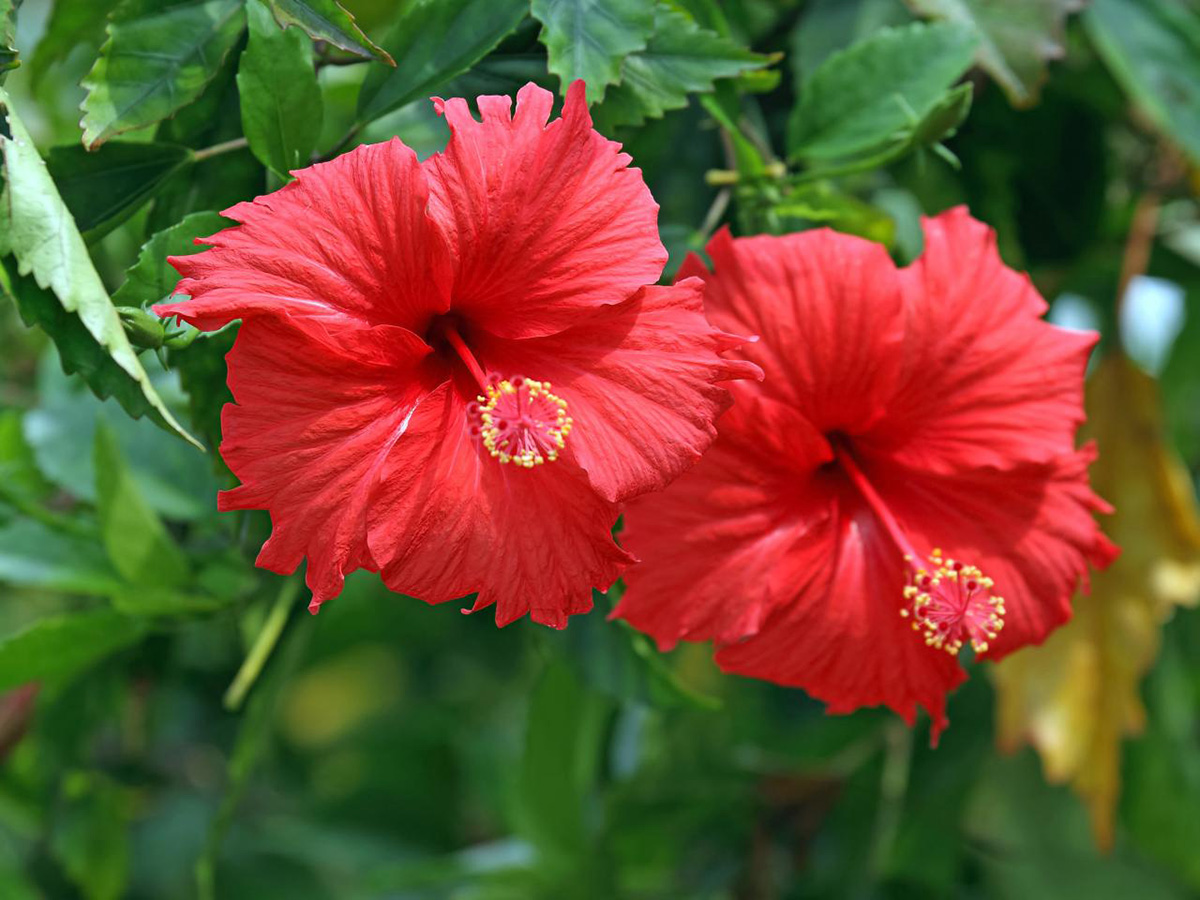

Garden Essentials
How Long Does It Take A Hardy Hibiscus To Germinate
Modified: March 15, 2024
Discover how long it takes for a Hardy Hibiscus to germinate in your garden, and get expert tips for successful cultivation.
(Many of the links in this article redirect to a specific reviewed product. Your purchase of these products through affiliate links helps to generate commission for Storables.com, at no extra cost. Learn more)
Introduction
Welcome to the fascinating world of hardy hibiscus and the process of germination. If you are a passionate gardener or a lover of beautiful flowers, you have probably wondered how long it takes for hardy hibiscus seeds to germinate. In this article, we will explore the germination process of hardy hibiscus and delve into the factors that can affect the time it takes for these seeds to sprout.
Hardy hibiscus, scientifically known as Hibiscus moscheutos, is a perennial flowering plant that is known for its vibrant and showy blossoms. These flowers come in a wide range of colors, including shades of pink, red, white, and even bi-colored varieties. The hardy hibiscus plant is native to North America and thrives in areas with moist soil and plenty of sunlight.
While hardy hibiscus can be propagated through various methods such as cuttings and division, growing them from seeds is a rewarding and exciting experience. Watching the tiny seeds transform into beautiful plants is a joy for any gardener. However, it’s important to understand the germination process and the factors that can influence the time it takes for the seeds to sprout.
Throughout this article, we will explore the intricate process of hardy hibiscus germination, the optimal conditions for faster germination, and some helpful tips to ensure success in growing your own hardy hibiscus plants from seeds.
Key Takeaways:
- Hardy hibiscus seeds take 10 to 30 days to sprout, but factors like temperature, moisture, and seed quality can speed up or slow down the process. Patience and care are key to successful germination.
- To help hardy hibiscus seeds germinate faster, consider pre-soaking them, providing optimal temperature and moisture, and using high-quality soil. Remember, nature works in its own time, so be patient and enjoy the process!
Understanding Hibiscus Germination
Germination is the process in which a seed sprouts and begins to grow into a new plant. It is a crucial stage in a plant’s life cycle and requires certain conditions for successful germination. Understanding the germination process of hardy hibiscus can help you create the ideal environment for your seeds to thrive.
Like many other plants, hardy hibiscus seeds contain all the necessary elements for germination within their protective coat. When the right conditions are met, such as adequate moisture and warmth, the seed awakens from its dormant state and begins to absorb water. This prompts the embryo to expand and burst through the seed coat, sending out a root and shoot.
The root system develops first, anchoring the plant into the soil and absorbing nutrients and water. The shoot emerges above the ground, reaching towards the light and eventually developing leaves. As the plant grows, it transitions from relying on stored energy in the seed to deriving sustenance from photosynthesis.
It’s important to note that not all seeds will successfully germinate. Factors such as age, viability, and the presence of proper conditions can affect the germination rate. Some seeds may remain dormant and require specific triggers, such as periods of cold temperatures or exposure to light, to initiate the germination process.
Now that we have a basic understanding of hibiscus germination, let’s explore the factors that can influence the time it takes for hardy hibiscus seeds to sprout.
Factors Affecting Germination Time
Several factors can impact the germination time of hardy hibiscus seeds. Understanding these factors will help you create the optimal conditions for faster and more successful germination.
Temperature: Temperature plays a crucial role in seed germination. Hardy hibiscus seeds require warm temperatures to sprout. The ideal temperature range for germination is around 70 to 75 degrees Fahrenheit (21 to 24 degrees Celsius). Cooler temperatures can significantly slow down the germination process, while excessive heat can be detrimental to seed viability and growth.
Moisture: Adequate moisture is essential for seed germination. When seeds absorb moisture, they initiate the germination process. However, it’s important to strike a balance. Excessively wet conditions can lead to rot and fungal diseases, while overly dry conditions can prevent seeds from absorbing the necessary water to sprout. Keep the soil consistently moist, but not waterlogged, during the germination period.
Soil Quality: The quality of the soil can directly impact germination time. Hardy hibiscus seeds prefer well-draining soil that is rich in organic matter. This type of soil allows for proper water retention and aeration, creating an environment that promotes healthy root and plant development. Ensure that the soil is loose and free from clumps, as compacted soil can restrict root growth and hinder germination.
Light: While light is not a primary factor for hibiscus seed germination, it can influence the germination rate for some species. Some hardy hibiscus seeds may benefit from exposure to light, while others germinate better in darkness. It’s important to research the specific requirements of the hibiscus variety you are growing and provide the appropriate light conditions accordingly.
Seed Quality: The quality and viability of the seeds themselves can affect germination time. Fresh, high-quality seeds are more likely to germinate quickly and successfully. It’s recommended to obtain seeds from reputable sources or collect them from mature, healthy hibiscus plants in your garden. Proper seed storage in cool, dry conditions can also help maintain seed viability.
Seed Scarification: Some hardy hibiscus seeds have a hard outer seed coat that can inhibit water absorption and germination. Scarification, the process of nicking or scratching the seed coat, can help improve germination rates. This can be done by gently filing or using sandpaper to create small abrasions on the seed coat, allowing water to penetrate more easily.
By considering and managing these factors effectively, you can significantly impact the germination time of your hardy hibiscus seeds. Now, let’s move on to explore the actual germination process of hardy hibiscus seeds in more detail.
Germination Process of Hardy Hibiscus
The germination process of hardy hibiscus follows a series of stages that transform a dormant seed into a thriving plant. Understanding these stages will give you insight into what to expect during the germination process.
Seed Imbibition: The first step in germination is seed imbibition. During this stage, the hardy hibiscus seed absorbs water, causing it to swell and soften the protective seed coat. The absorption of water triggers biochemical reactions that activate the internal growth processes of the seed.
Radicle Emergence: As the seed imbibes water, the radicle, or embryonic root, emerges from the seed. The radicle grows downwards into the soil, seeking moisture and nutrients for the developing plant. This helps anchor the young plant and provides a strong foundation for growth.
Shoot Emergence: Once the radicle is established, the shoot begins to emerge above the soil surface. The shoot consists of the plant’s stem and future leaves. It elongates towards the light, breaking through the surface and unfurling its first set of true leaves.
Leaf Development: As the shoot expands, additional sets of leaves develop. These leaves are crucial for photosynthesis, the process through which plants convert sunlight into energy. They enable the plant to produce its own food and sustain growth.
Vegetative Growth: With the root system absorbing water and nutrients and the leaves photosynthesizing, the hardy hibiscus plant enters a phase of rapid vegetative growth. The stem elongates, and more leaves develop. The plant focuses on building a robust infrastructure to support future flowering and reproduction.
It’s important to note that the duration of each stage can vary depending on the specific conditions provided. Factors such as temperature, moisture, and seed quality can influence the speed at which these stages progress. Patience is key during germination, as the process can take several weeks to complete.
Now that we have explored the germination process, let’s move on to the most anticipated aspect – the germination time for hardy hibiscus seeds.
Hardy hibiscus seeds can take 14-21 days to germinate. Keep the soil consistently moist and provide warmth for best results.
Germination Time for Hardy Hibiscus Seeds
The germination time for hardy hibiscus seeds can vary depending on several factors, as mentioned earlier. On average, it takes anywhere from 10 to 30 days for hardy hibiscus seeds to germinate. However, keep in mind that this is just an estimate, and the actual germination time can be influenced by various conditions.
Temperature plays a significant role in the germination time of hardy hibiscus seeds. Providing a warm and consistent temperature within the optimal range of 70 to 75 degrees Fahrenheit (21 to 24 degrees Celsius) can promote faster germination. Cooler temperatures can prolong the germination process, while higher temperatures can potentially harm the seeds.
In addition to temperature, moisture levels are crucial for successful germination. The soil should be consistently moist but not waterlogged during the germination period. Excessively wet conditions can lead to fungal diseases, while dry conditions can prevent the seeds from absorbing water and initiating germination.
The quality and viability of the seeds also play a role in germination time. Fresh, high-quality seeds have a higher chance of germinating quickly and successfully. It’s recommended to obtain seeds from reputable sources or collect them from mature, healthy hibiscus plants in your garden. Proper seed storage in cool and dry conditions can help maintain seed viability.
It’s important to note that some hardy hibiscus seeds may exhibit dormancy characteristics, where they may require specific triggers to initiate germination. These triggers can include periods of cold temperatures, exposure to light, or scarification of the seed coat. Researching the specific requirements of the hardy hibiscus variety you are growing can help ensure the best germination results.
While waiting for the hardy hibiscus seeds to germinate, it’s crucial to maintain consistent care and provide the optimal conditions. Keep the soil moist, monitor the temperature, and provide adequate light conditions if necessary. Regularly observe the seeds for signs of germination, such as the emergence of the radicle and shoot.
Overall, the germination time for hardy hibiscus seeds can range from 10 to 30 days, but it’s important to be patient and provide the necessary care for successful germination. Now, let’s explore some helpful tips to expedite the germination process.
Tips for Faster Germination
While the germination time of hardy hibiscus seeds can vary, there are some tips you can follow to help expedite the process and increase the chances of successful germination. Implementing these tips can give your hibiscus seeds a head start in their growth journey.
Pre-soaking the Seeds: Pre-soaking hardy hibiscus seeds in water for 24 hours before planting can help soften the seed coat and stimulate the germination process. This allows water to penetrate the seed more easily, promoting faster seed imbibition and root emergence.
Scarification: Some hardy hibiscus seeds have a hard outer seed coat that can hinder water absorption. Scarification, which involves gently nicking or scratching the seed coat, can break the seed coat and promote faster germination. Be cautious not to damage the seed embryo while scarifying.
Provide Optimal Temperature: Maintaining a warm and consistent temperature within the optimal range of 70 to 75 degrees Fahrenheit (21 to 24 degrees Celsius) can significantly expedite germination. Consider using a heating mat or placing the seed tray in a warm location to provide the necessary warmth.
Moisture Management: While it’s crucial to keep the soil moist, ensure that you do not overwater it. Overly wet conditions can lead to rot and fungal diseases, which can hinder germination. Monitor the moisture levels regularly and adjust as needed to maintain the optimal moisture balance.
Use High-quality Soil: Providing well-draining soil that is rich in organic matter is essential for faster germination. Ensure that the soil is loose and free from clumps to promote healthy root development. Consider using a high-quality seed starting mix or create your own well-draining soil mix.
Consider Using Grow Lights: Providing sufficient light is important for seed germination. If you are growing your hardy hibiscus seeds indoors or in a location with limited natural light, consider using grow lights. These artificial lights can provide the necessary light intensity and duration to support healthy seedling development.
Patience and Consistent Care: While these tips can help expedite germination, it’s important to remember that the process still takes time. Be patient and provide consistent care by monitoring the temperature, moisture levels, and light conditions. Regularly check for signs of germination and adjust your care accordingly.
By following these tips, you can enhance the germination process of your hardy hibiscus seeds, allowing them to sprout faster and increase your chances of a successful germination rate. Remember to have patience and enjoy the excitement of watching your hardy hibiscus seeds transform into beautiful plants.
Now, armed with this knowledge and the helpful tips, you are ready to embark on your journey to germinate and grow your own hardy hibiscus plants from seeds. Happy gardening!
Conclusion
Germinating hardy hibiscus seeds is a fascinating and rewarding process that allows you to witness the transformation of tiny seeds into vibrant and beautiful plants. Understanding the germination process and the factors that influence it can help you create the optimal conditions for successful germination.
From providing the right temperature and moisture levels to using high-quality soil and considering pre-soaking or scarification techniques, there are various tips and techniques you can implement to promote faster germination. However, it’s important to remember that patience and consistent care are key during this process.
Hardy hibiscus seeds typically take 10 to 30 days to germinate, but this timeline can vary depending on various factors, including temperature, moisture, and seed quality. By maintaining the ideal conditions and following the tips provided, you can increase the chances of a successful and timely germination.
As your hardy hibiscus seeds sprout and grow, continue to provide them with the care they need, such as proper watering, fertilizing, and pruning, to ensure healthy and vigorous plants. With time, you will be rewarded with the stunning blooms of your hardy hibiscus plants.
In conclusion, embarking on a journey to germinate hardy hibiscus seeds is an exciting endeavor for any gardener. Enjoy the process, be patient, and remember that nature works in its own time. As you witness the hibiscus seeds transform into thriving plants, you will truly appreciate the beauty and wonder of nature’s cycles.
So, grab your gardening tools, gather your hardy hibiscus seeds, and set out on this delightful journey of germination. Happy gardening!
Frequently Asked Questions about How Long Does It Take A Hardy Hibiscus To Germinate
Was this page helpful?
At Storables.com, we guarantee accurate and reliable information. Our content, validated by Expert Board Contributors, is crafted following stringent Editorial Policies. We're committed to providing you with well-researched, expert-backed insights for all your informational needs.
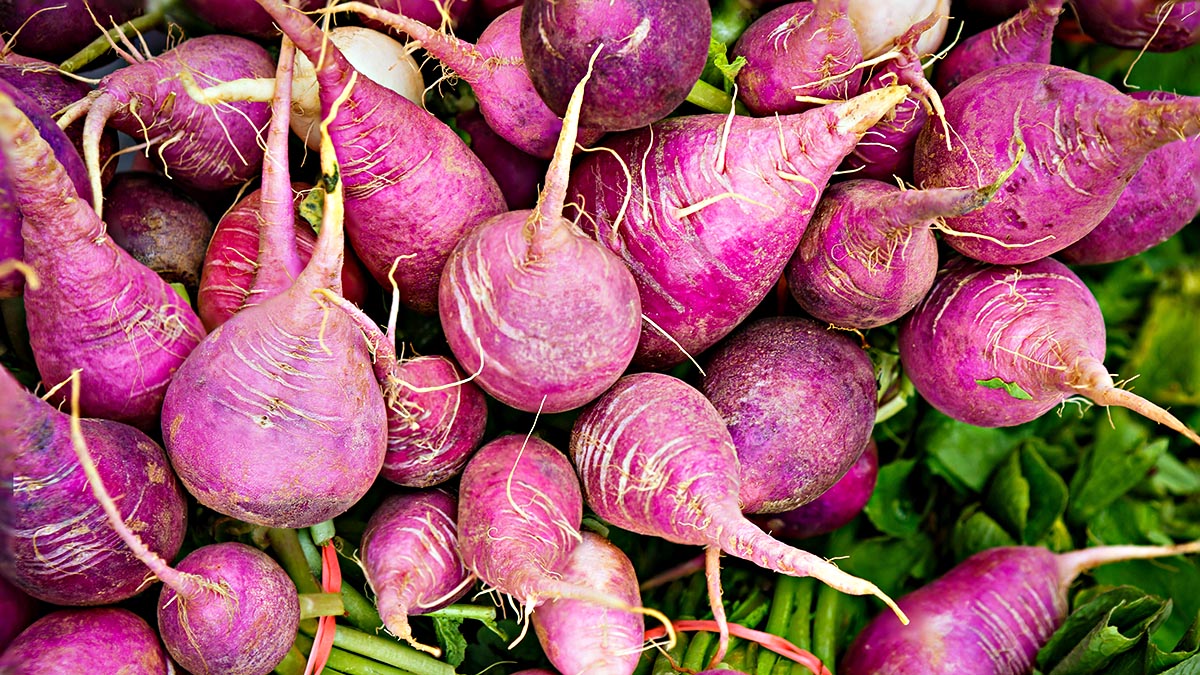
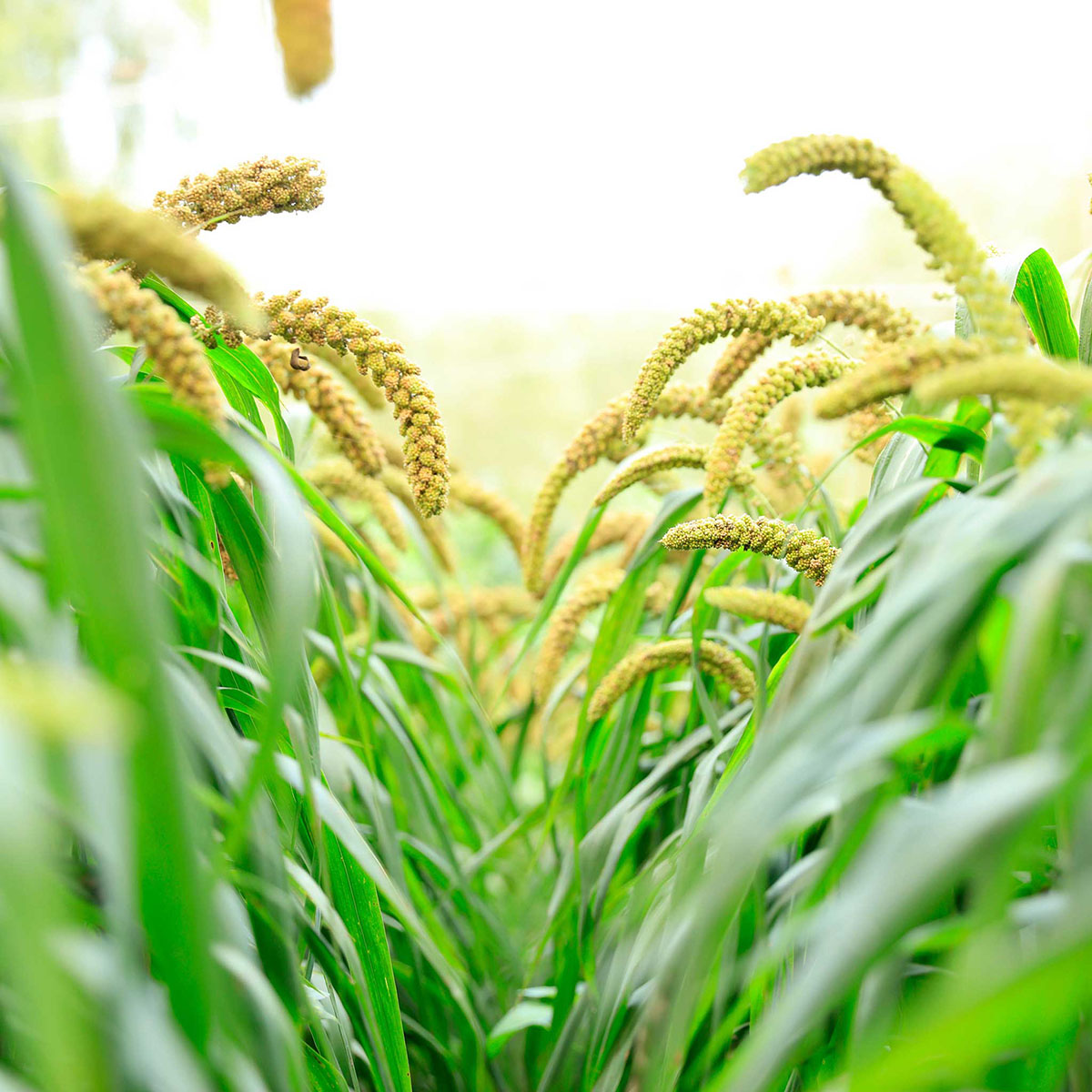
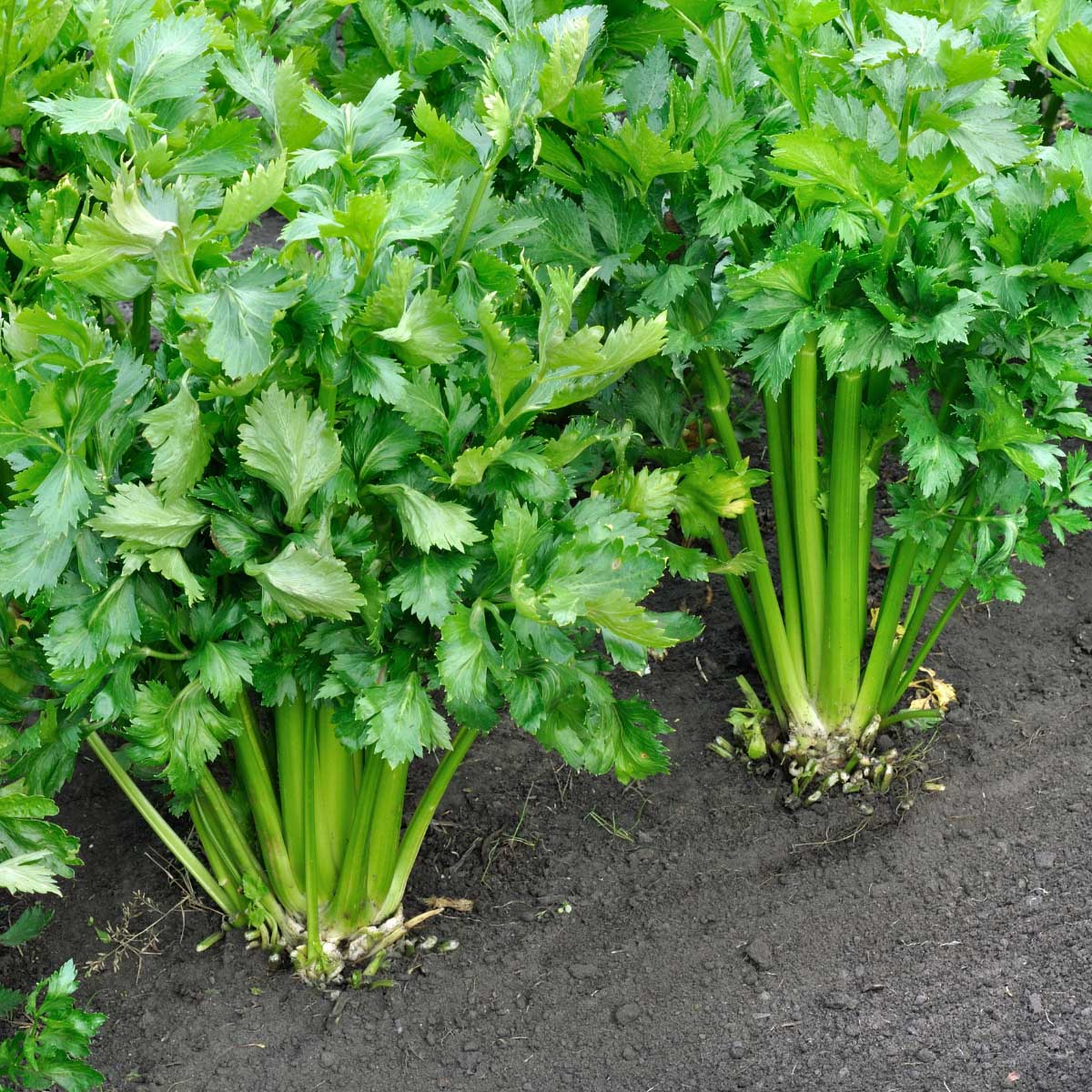
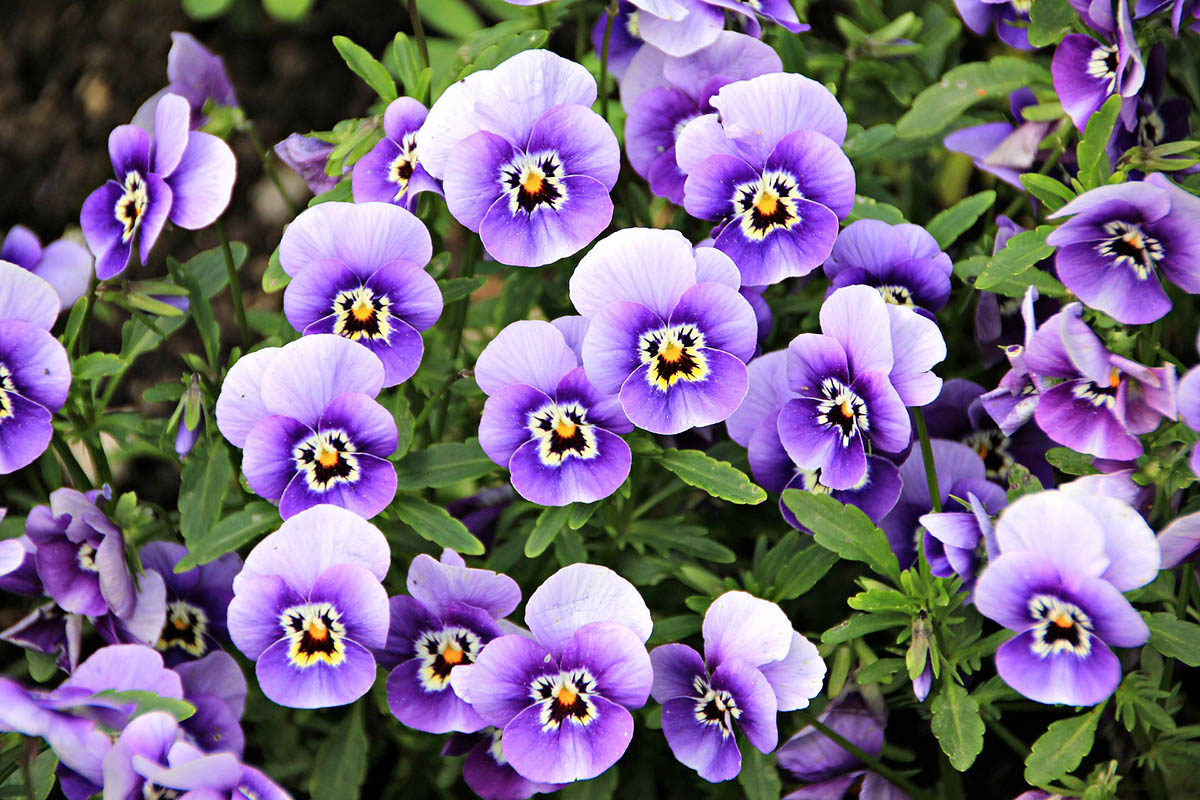
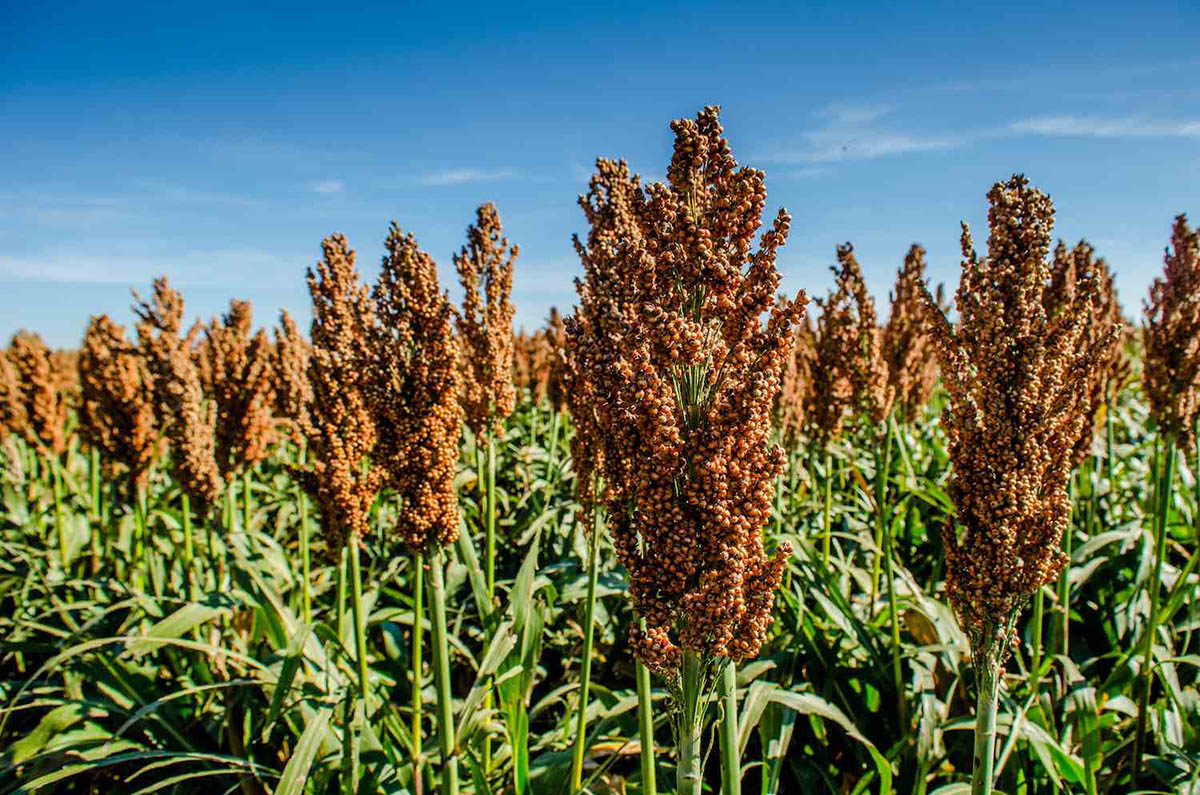
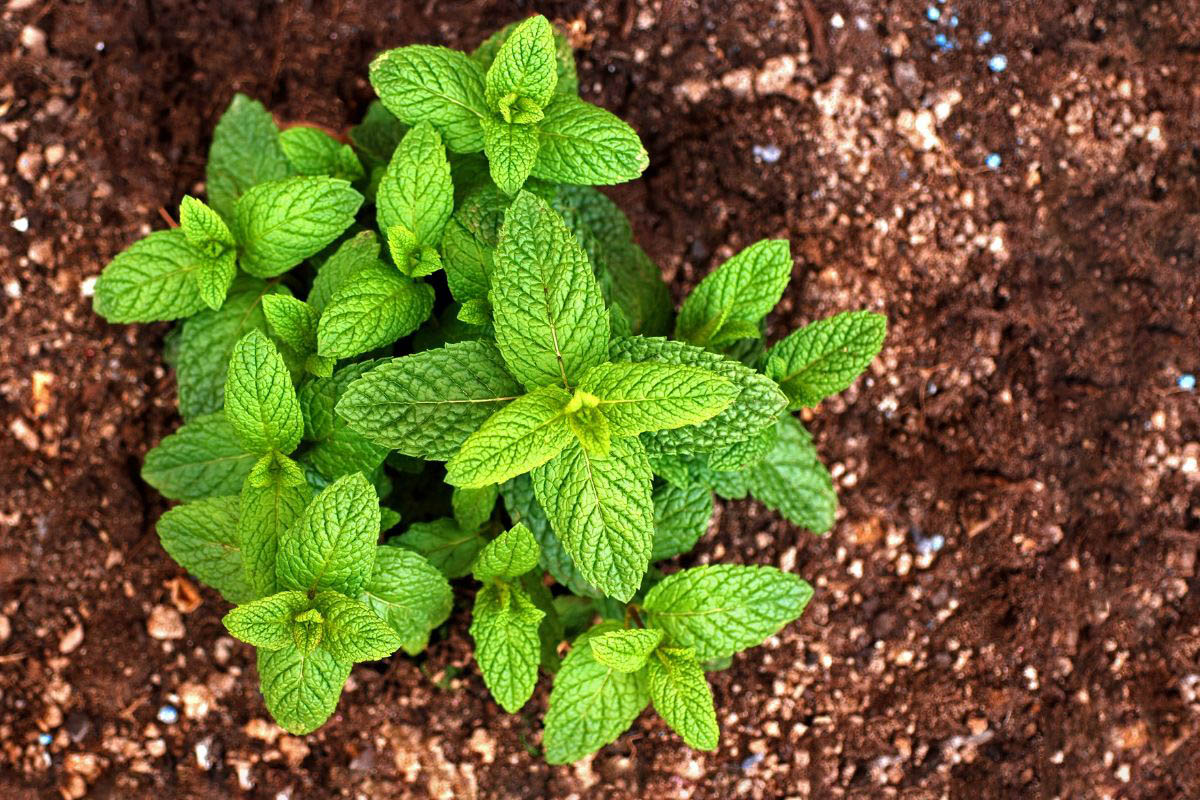
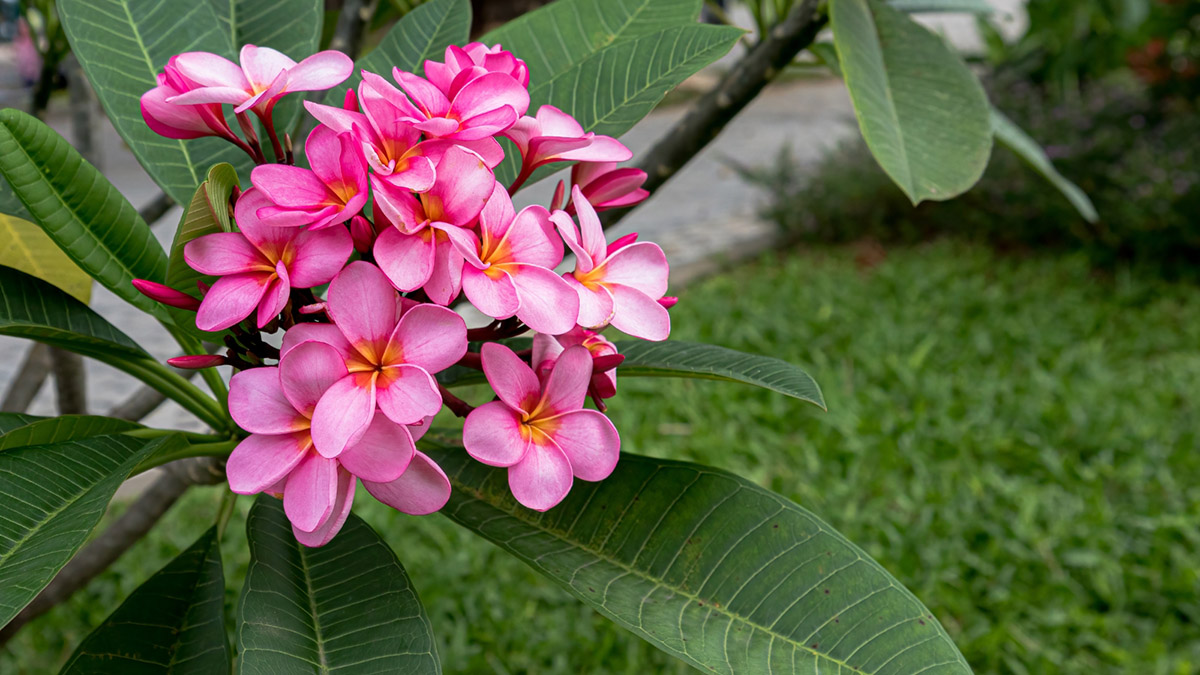
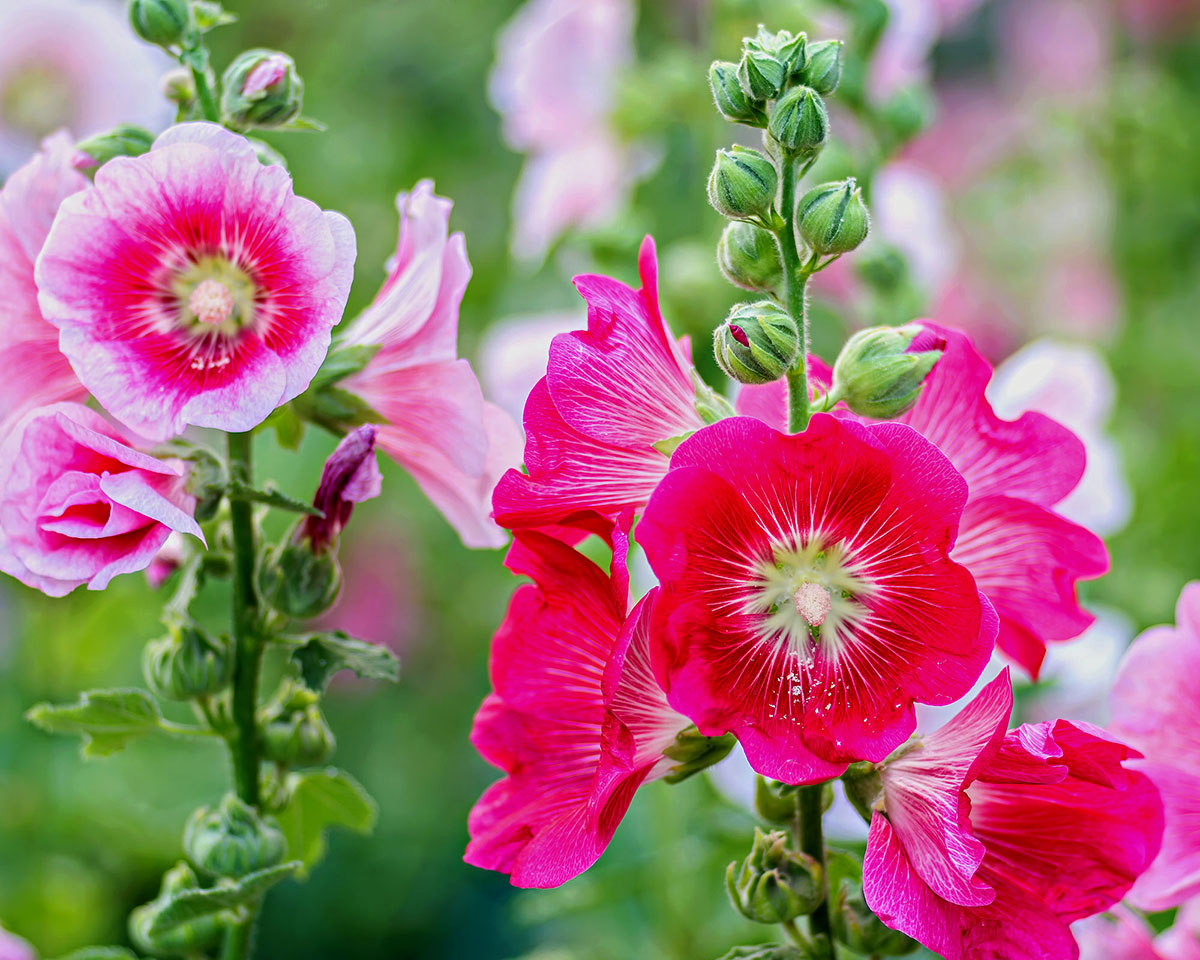
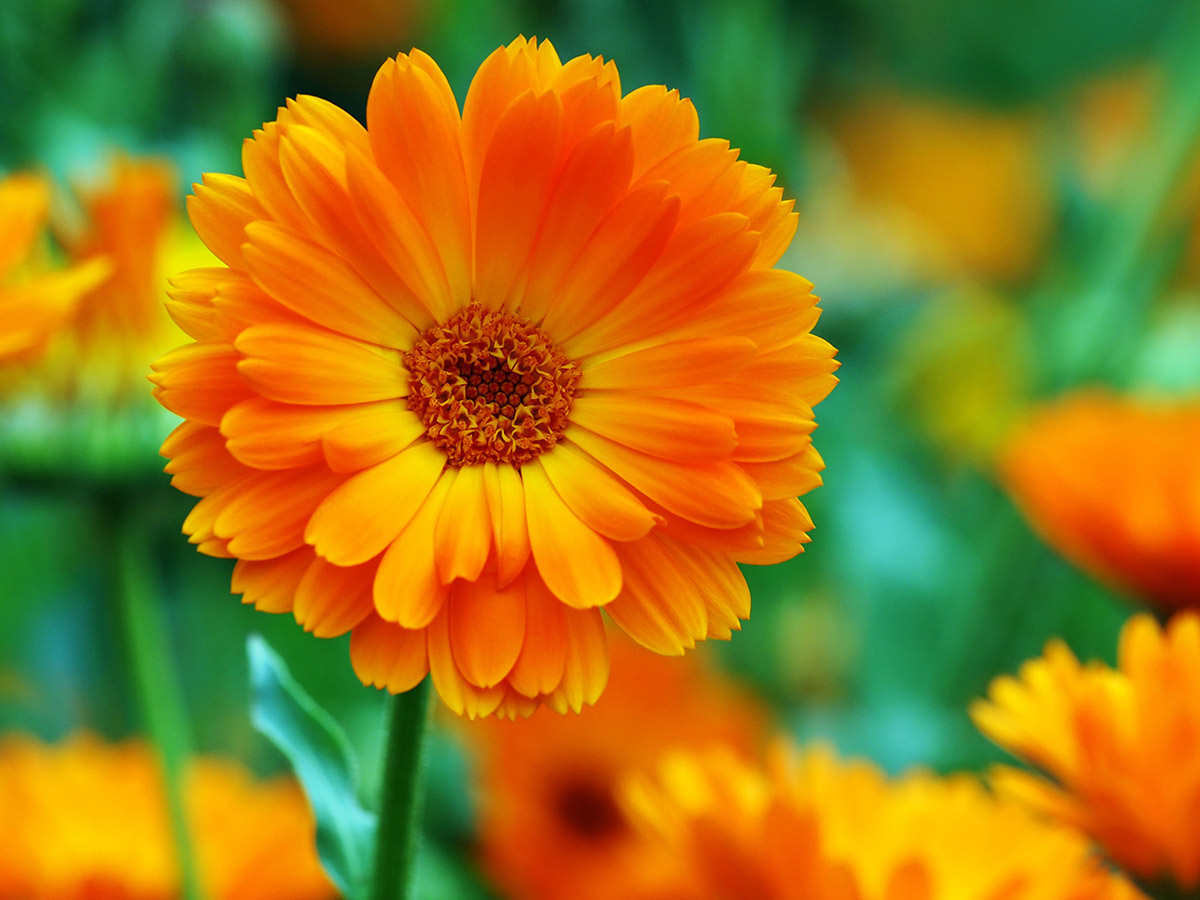
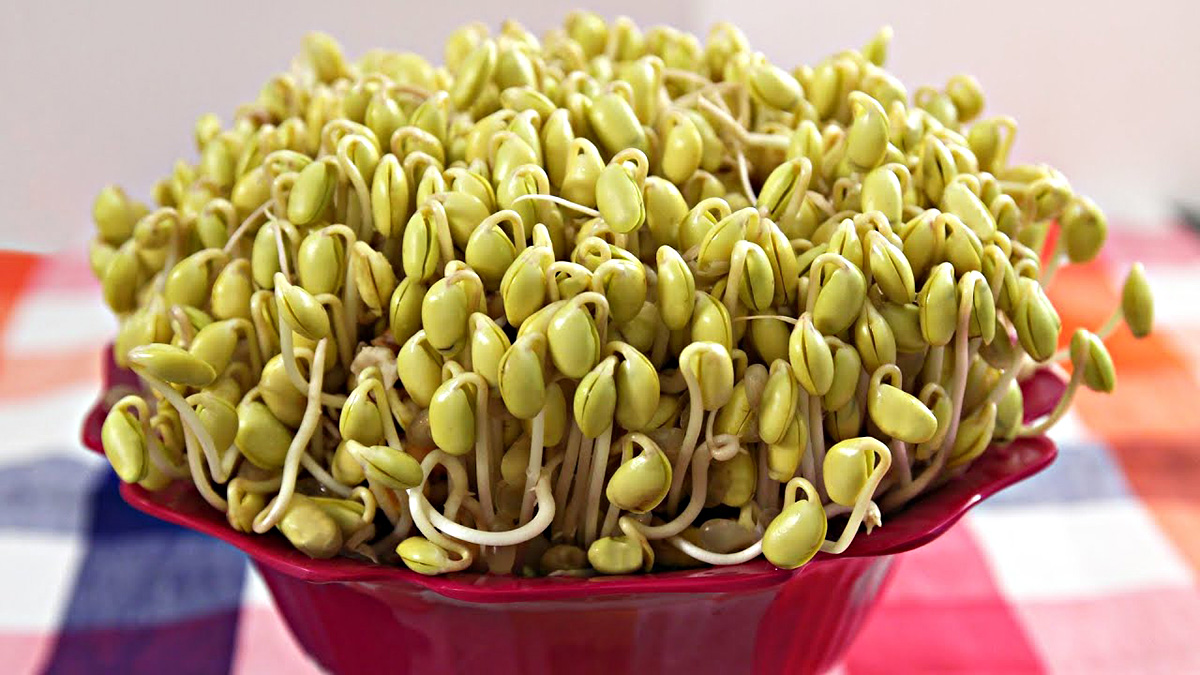
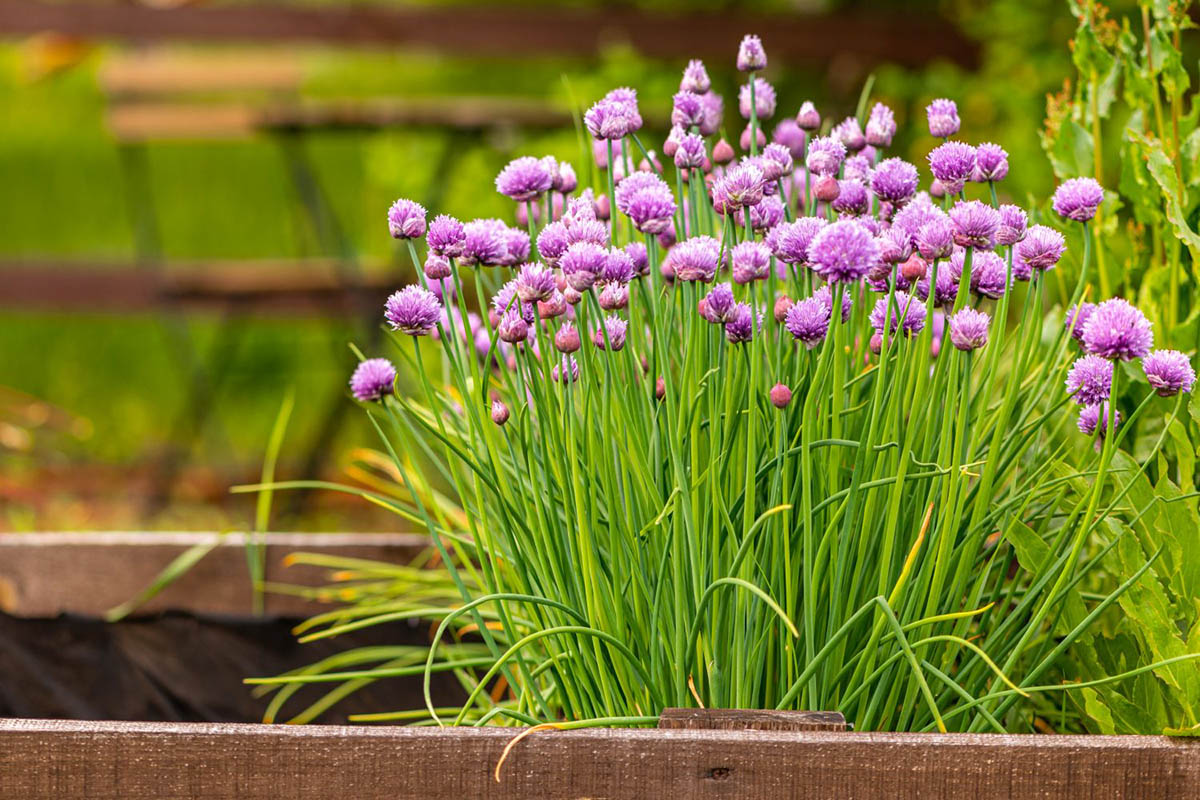
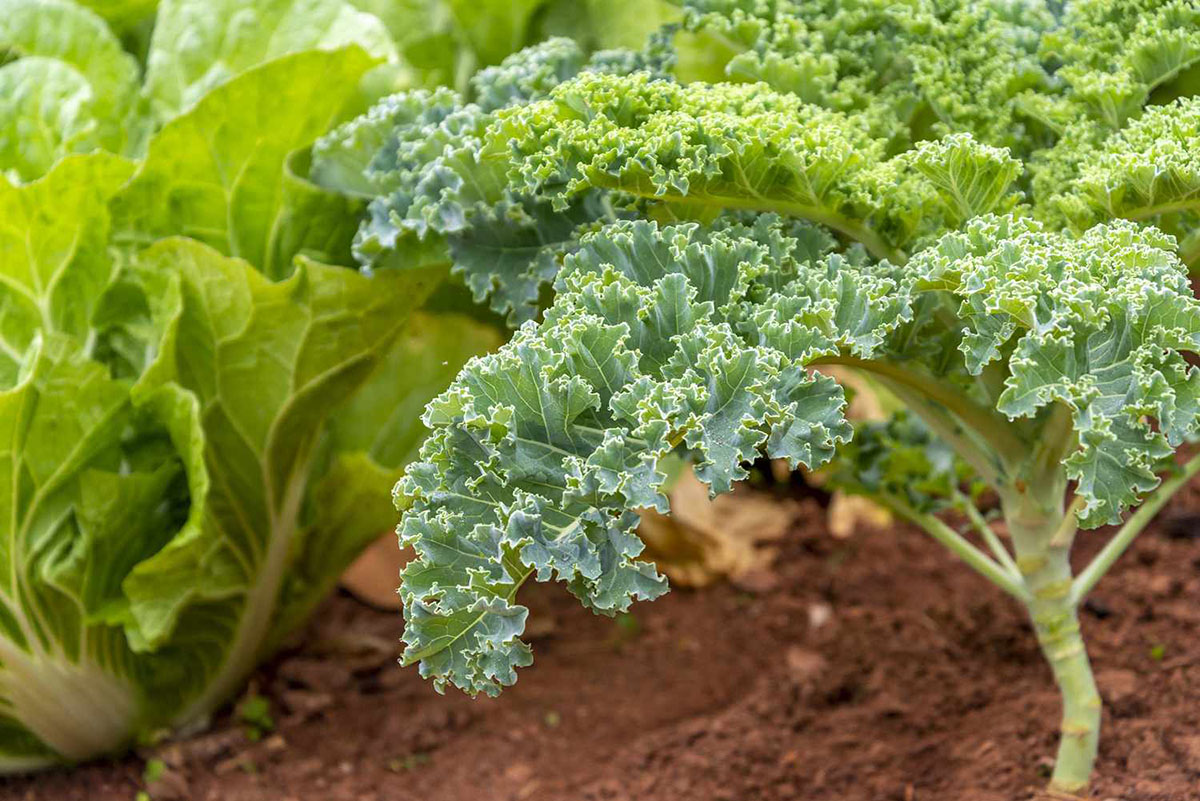
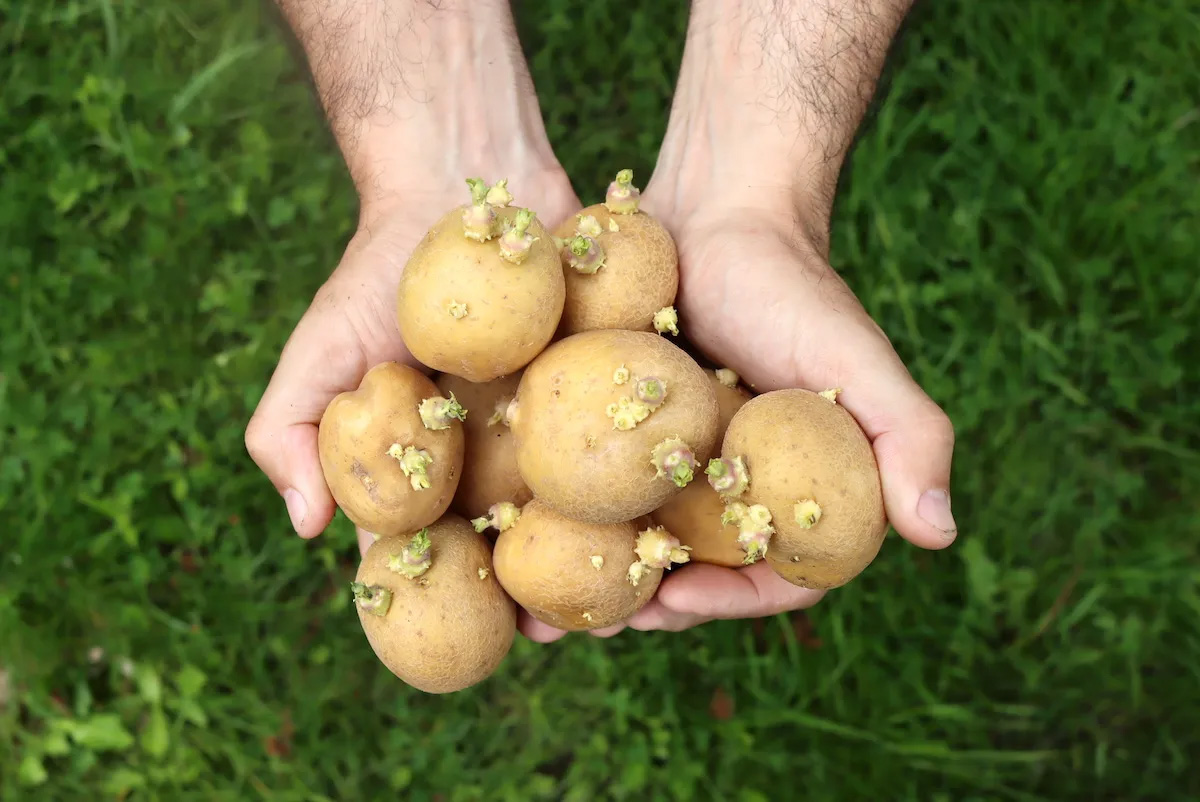
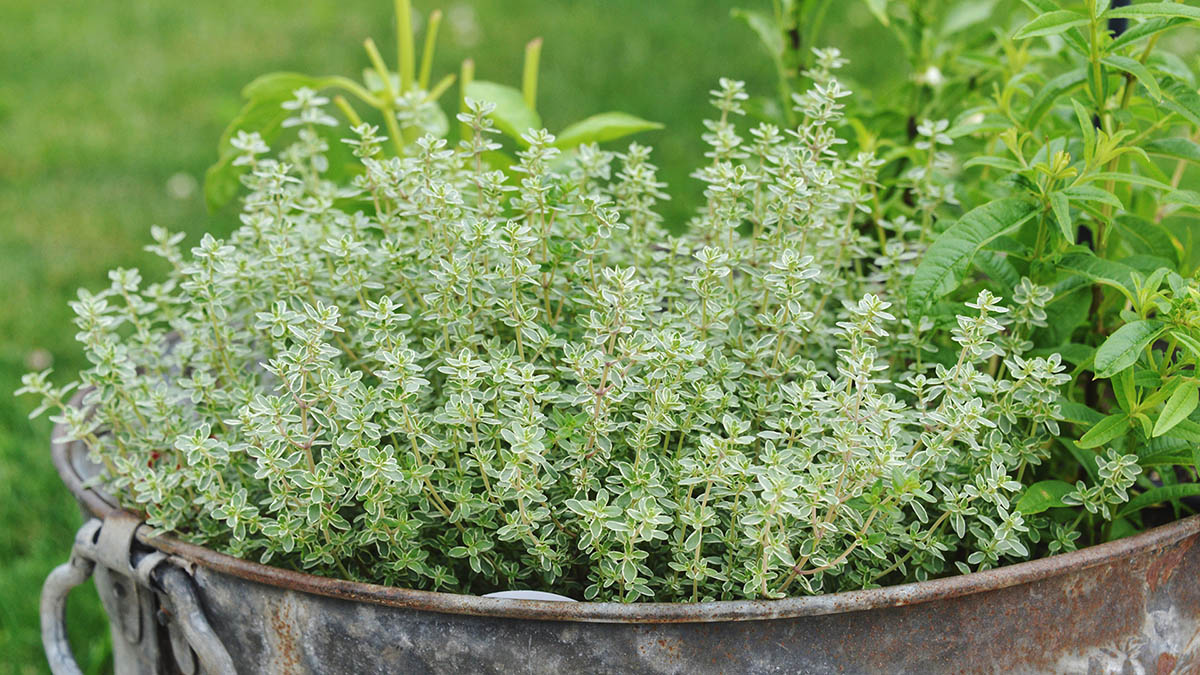

0 thoughts on “How Long Does It Take A Hardy Hibiscus To Germinate”